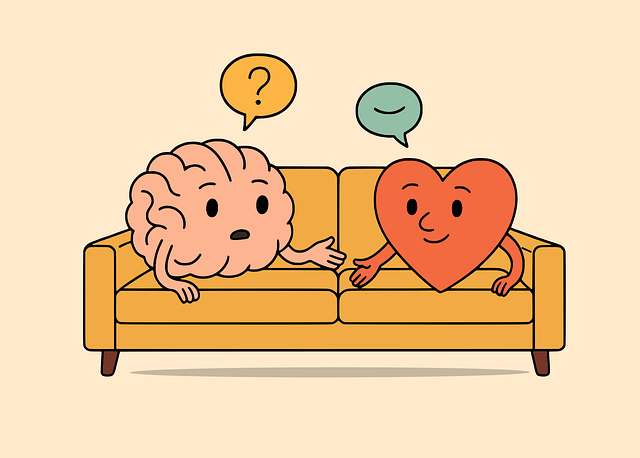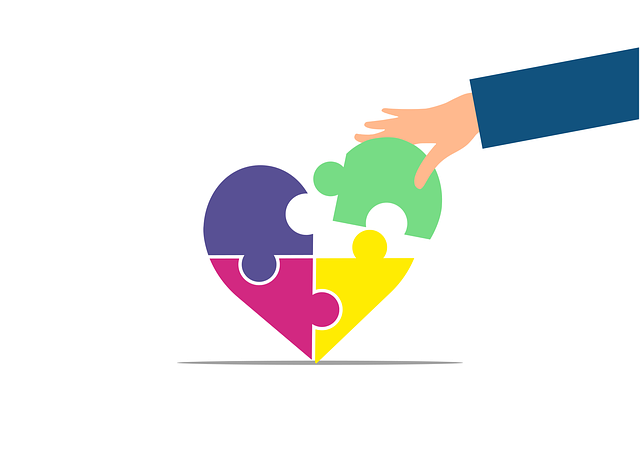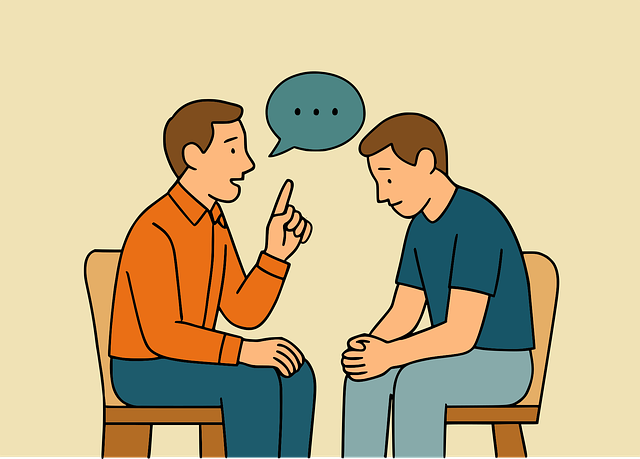Empathy is a crucial element in relationship counselling, enhancing trust and understanding between clients and therapists. By actively listening and embracing diverse perspectives, counsellors create a safe space for couples to openly discuss challenges without judgment. This empathetic approach encourages vulnerability, allowing partners to uncover underlying issues and strengthen their bond through enhanced communication and conflict resolution. Ultimately, empathy-driven relationship counselling promotes positive changes based on evidence-based care practices.
In today’s complex social landscape, effective relationship counselling is more crucial than ever. This article delves into a powerful approach that combines empathy and evidence-based care for optimal partnership healing. We explore how empathy, defined as the deep understanding of another’s emotions, creates a safe space for vulnerable conversations, while evidence-based practices ensure scientifically validated techniques drive positive change. Through integrated case studies, we demonstrate this holistic methodology’s remarkable success in repairing and strengthening relationships.
- The Role of Empathy in Relationship Counselling
- – Defining empathy and its significance in understanding partner dynamics
- – How empathy fosters a safe and supportive environment for vulnerable conversations
The Role of Empathy in Relationship Counselling
Empathy plays a pivotal role in effective relationship counselling, serving as the foundation for building trust and understanding between clients and therapists. By truly listening to and comprehending each individual’s unique perspective, experiences, and emotions, counsellors create a safe space where partners can openly discuss their challenges without fear of judgment. This empathetic approach encourages vulnerability, allowing couples to explore underlying issues and develop deeper connections.
During sessions, therapists use empathy to reflect on and validate clients’ feelings, helping them gain new insights into their dynamics. By reflecting emotions and perspectives back to the couple, counsellors facilitate self-awareness, enabling partners to challenge negative patterns and make informed decisions for their relationship’s well-being. This evidence-based practice combines with empathy to provide tailored strategies and tools that promote healthy communication, conflict resolution, and lasting positive change in relationship counselling.
– Defining empathy and its significance in understanding partner dynamics
Empathy, a cornerstone of effective communication, plays a pivotal role in relationship counselling. It involves deeply understanding and sharing the feelings of another individual, fostering a connection that transcends words. In the context of partnership dynamics, empathy allows counsellors to see beyond external behaviours and recognize the underlying emotions driving them. By truly listening and comprehending each partner’s perspective, therapists can uncover hidden conflicts, unmet needs, and the intricate web of interdependencies that shape their relationship.
This empathic approach is particularly significant as it promotes a safe space for vulnerable conversations. When partners feel heard and understood, they are more likely to engage in open dialogue, explore sensitive topics, and work collaboratively towards resolution. Empathy not only strengthens the bond between counsellors and clients but also encourages partners to confront challenges from a place of shared understanding, paving the way for meaningful change and growth within their relationship.
– How empathy fosters a safe and supportive environment for vulnerable conversations
Empathy plays a pivotal role in creating a safe and supportive atmosphere during sensitive discussions in relationship counselling. When a counsellor demonstrates empathy, they signal to the client that their feelings and experiences are understood and validated. This simple act fosters trust and encourages clients to open up about personal struggles and emotional pain without fear of judgment. In a safe space, individuals can express their innermost fears, doubts, and frustrations, which are often central to relationship issues.
Through empathy, counsellors show that they genuinely care about the client’s well-being, making them feel heard and understood. This supportive environment encourages clients to explore their emotions, reflect on their relationships, and work towards positive changes. It allows individuals to navigate challenging conversations with dignity, knowing that their counsellor is fully present and committed to helping them through evidence-based care practices.
Incorporating empathy into relationship counselling is a powerful approach that creates a safe space for couples to navigate challenging discussions. By understanding their partner’s perspective and emotions, counsellors can provide evidence-based care, fostering healthier communication and connection. This tailored, empathetic method enhances the effectiveness of counselling, making it a valuable tool in assisting relationships to flourish and overcome obstacles.



